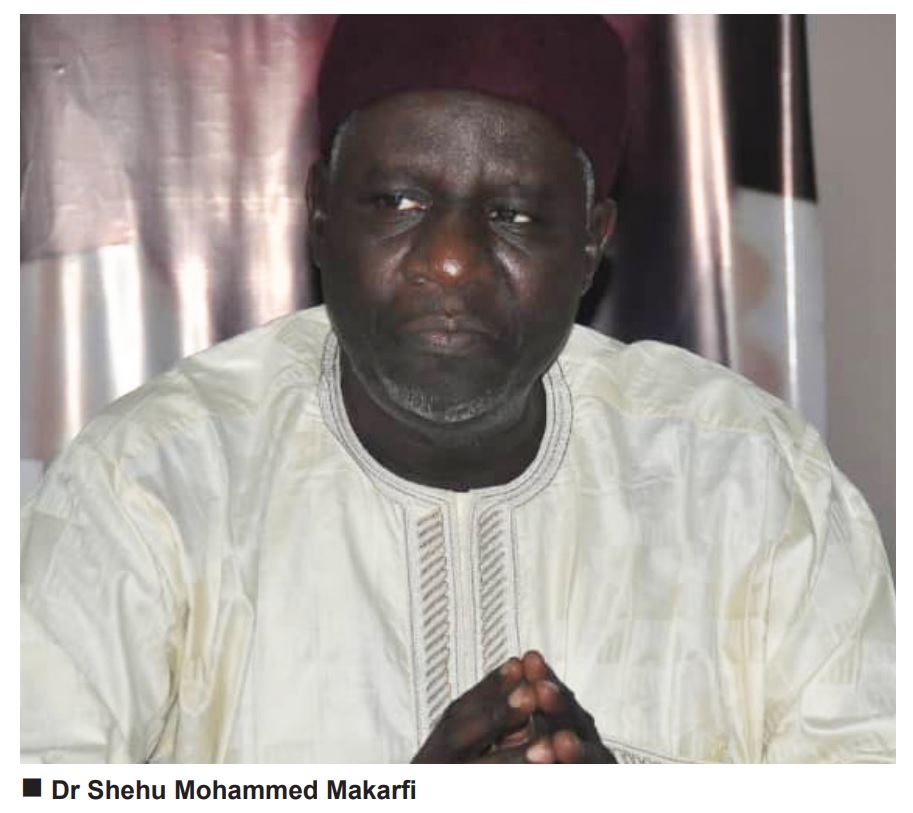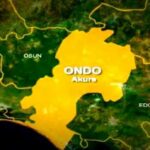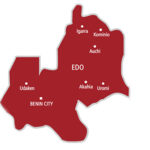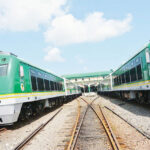Like a few states, Kaduna State Government is organising lessons on radio and television, for Senior Secondary School students who will soon take their final examinations after the coronavirus has been contained. In this interview, Commissioner for Education, Dr SHEHU MOHAMMED MAKARFI, promised that the programme will be built into the state’s education architecture, even after the pandemic.
On April 6, Kaduna State started teaching Senior Secondary School students on radio and television in order to engage them during this lockdown, owing to coronavirus. Will this be a permanent feature of the education system or an interim COVID-19 measure?
The programme initiated by the ministry to reach our students at home, is a child of necessity. It came because our children are now at home; we have closed down schools because of COVID-19. We found out that they are losing a lot of time. So, we worked around our curriculum and found a way of preparing them for the West African Senior School Certificate Examination (WASSCE). They also have other contents that they were not able to cover before we closed down the schools. So, we felt that we should package something and send to these students while they are at home. It will help them revise. It will help them to prepare for the upcoming exams. Initially, that was the intent. It is to make them busy. It is to make them come back to their books. It is to help parents to also have control over them, watch over them and monitor their movements.
But we have now seen a big opportunity to expand the scope of teaching to radio and television. We are now having discussions with relevant stakeholders, to make e-learning as part of our activities after COVID-19. It is critical for us to do this because we are continuously looking for opportunities to ensure that our children learn better, by utilising the time they have at home. So, basically, to answer your question, the initiation of e-learning was necessitated by COVID-19, but we have seen an opportunity and we are going to utilise it even after the pandemic. We will want to package contents that will help students to continue learning at home.
Is the current programme a revision exercise or a continuation of the areas that the students didn’t cover before the closure of schools?
It is both. Let me use this opportunity to explain. When we initiated this idea, we invited relevant stakeholders; zonal directors, principals and teachers. And because we are using a uniform curriculum, we sampled schools to find out how many of them have covered their curriculum for the year, particularly SSS 3 students, and how many have not. After sampling, we realised that we could take the middle course. And the middle course is to combine content delivery and revisions. And that is why in the presentation, we have decided to use two or more teachers in one presentation. So that by the time somebody presents the contents, someone will also ask questions and afterwards, assignments will be given. So that the people that have covered the curriculum and those that have not, are all brought together into one phase; all of them will benefit from the programme. So, we have packaged the programme in such a way that the beginners and those that are doing revision will benefit from the same presentation. The teachers are well trained to do that and that is what they have been doing.
Is it correct to infer that in a single presentation, one teacher will deliver the lectures and the other will ask probable questions that students are likely to ask in a real classroom situation?
Certainly yes. The teachers that are running this programme are experienced; they have been setting questions and marking WASSCE scripts. So, by the time that the first presenter finishes his presentation, the teacher will come up with questions that have been asked either last year or previous years in WASSCE, so that he or she will engage the students on that and even give them some assignments that will enable them to understand the next session. So, we are combining the two in one presentation.
We have devised a way to get feedback from the students. By the time they are responding, the teacher will now know their areas of deficiencies. He can now decide to either repeat the presentation or recycle the same content but re-present it in a different language; the same content, re-presented in different way and using different teaching aids. That is what we have been doing.
Expatiate on how the feedback mechanism works. Is it also done via radio and television?
We have downloaded these presentations unto Youtube, on the Ministry of Education’s website. So, students can revisit both the oral and textual presentations. Apart from that, the teacher who is making the presentation will make his or her phone number available on the screen or he or she will read it out in the case of radio presentations. This will enable students make calls or send text messages to ask questions and the teacher will respond. In the next presentation, the teacher will answer all these questions collectively before moving to a new topic. So, there is an effective feedback mechanism. And we are also calling on older students, particularly those in schools of higher learning within communities, to assist these students.
Were the teachers given some kind of crash course on how to present lessons on radio and television? They may be good teachers but don’t you think that teaching to ‘’virtual students’’ will pose some challenges to some of them?
Actually, there was none and that is one of the lessons that we have learnt. From the comments that we are getting from the public, we realise our mistake. One of the comments is that ‘’the teacher is too fast’’. During presentations, there are people who are assessing the teacher. There is someone from Monitoring and Evaluation. We also have those who are responsible for content. They are all looking at areas of improvement. So, the teacher will want to serve a lot of masters; the students, the M&E people and those responsible for content. And then, there is a time keeper who is watching over the teachers not to exceed their 25 minutes. So, we realise that teachers sometimes run faster than their shoes. So, we now tell them to teach slowly.
Actually, in the real sense of it, there was only an orientation and discussions and brain storming session but not a separate training from what they were used to doing in the class room. That we have not done and it is one of the lessons that we have learnt. The teachers are excellent in content and delivery but we are going to incorporate this training of teaching to a virtual audience, when we are going to continue after COVID-19.
Apart from Kaduna State Media Corporation (KSMC), is there any other radio station that you have engaged for this programme?
Federal Radio Corporation (FRCN) Kaduna is on, DITV/Alheri Radio is on. We also want to engage other radio stations in the state, we are seeking approval in order to engage them. We want to ensure that no part of Kaduna State is left out of this. KSMC reaches everywhere but I know some sections of the state listen to one particular radio station more than the others. So, we want to make sure that wherever a student is, he or she should be able to listen to lessons on radio and see some of them on television. We are discussing with INVICTA Radio, Freedom Radio, Salama Radio and so on.
You have left the National Teachers’ Institute (NTI) in the whole list, when it has a dedicated Teachers Radio, which has pioneered what you are just doing. Won’t you consider leveraging on its experience in order to improve your programme?
We have opened it up to all stakeholders. They are welcome. Not only NTI Teachers’ Radio, we have received calls from other radio stations outside Kaduna State showing interest. Some of them are packaging how we will collaborate with them. Our constraint is funds. We can only give a token as a support but certainly not to sponsor the programme at commercial rates. UNICEF is discussing with us on how they can come in. Some Foundations are also there. All our partners that are also helping to deliver our education mandate are also part of this.

 Join Daily Trust WhatsApp Community For Quick Access To News and Happenings Around You.
Join Daily Trust WhatsApp Community For Quick Access To News and Happenings Around You.


